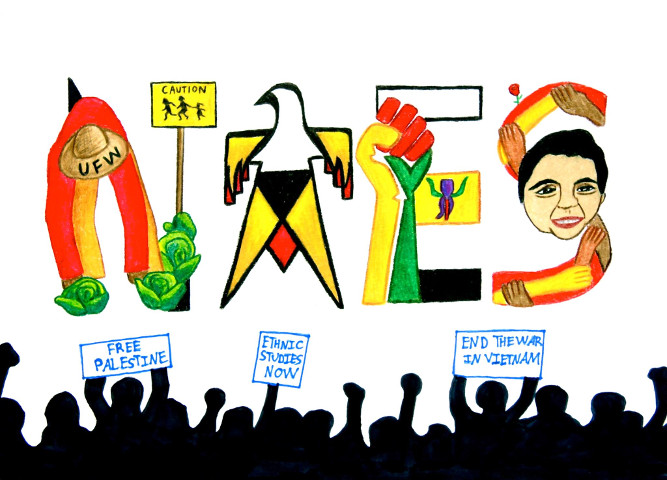Ethnic Studies Review

Orginal Publication Date
1996
Journal Title
Ethnic Studies Review
Volume
19
Issue
esr/vol19/iss2
First Page
[141]
Last Page
154
Abstract
Since the days of Shils and Geertz it has been common to refer to ethnicity as a bond, a tie, or an attachment. Shils used the term "tie" in the title of his seminal 1957 article to refer to a set of social relationships, including what he called "civil," "kinship," "sacred," and "primordial." The primordial tie was notable for the "ineffable significance" which social actors attribute to it and to the relationship which it engenders: "the attachment [is] not merely to the other ... as a person, but as a possessor of certain especially 'significant relational' qualities, which could only be described as primordial. The attachment ... is not just a function of interaction."^1 Subsequently Geertz developed the notion of ethnic "attachment" as an affect and identity, or better yet, an affect-centered identity. The intention, often quite explicit, of these thinkers and the many who followed them was to emphasize the emotional quality of ethnicity as an explanation of its persistence and power. At the same time, as an emotional and not rational phenomenon, ethnicity was expected to decline and disappear under the onslaught of modern rationalizing social forces. This essay returns to the issue of ethnicity as an affective relationship. It will argue that affect is indeed a critical element in ethnicity but that the theoretical treatment of ethnic affect has tended to be counterproductive.
Rights
Copyright ©ESR, The National Association for Ethnic Studies, 1996


